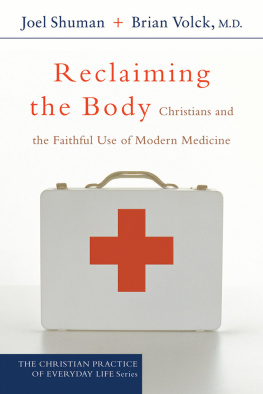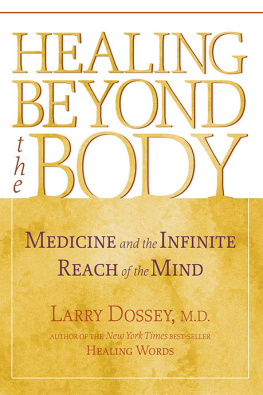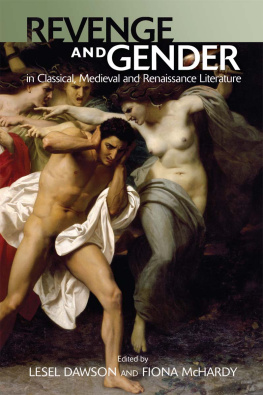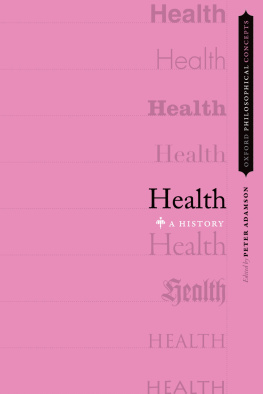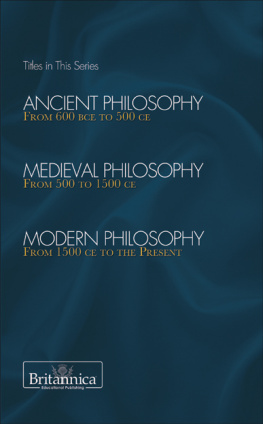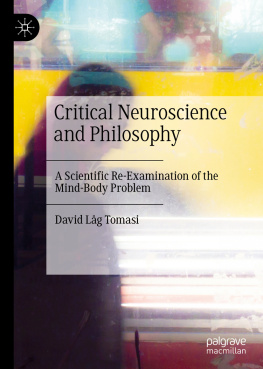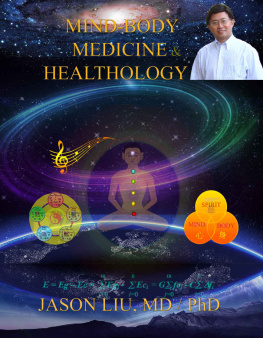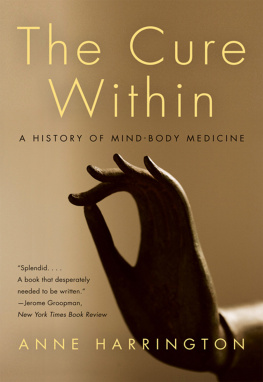Rethinking the Mind-Body Relationship in Early Modern Literature, Philosophy and Medicine
This book examines a neglected feature of intellectual history and literature in the early modern period: the ways in which the body was theorized and represented as an intelligent agent, with desires, appetites and understanding independent of the mind. Its central aim is to rethink the origin of dualism commonly associated with Descartes; uncover hitherto unknown lines of reception; explore the importance of this intellectual history for readers responses to the periods literary writing; and interrogate related ideological, formal and rhetorical aspects of literary art. Too many readers have been content to assume simplistically that mind and body were conjoined until Descartes, and then suddenly they were separated. But this is not how ideas are typically propagated, particularly ideas as fundamental and visceral as mind-body relations. This study gives a more nuanced and textured account of the ways that the body was itself imagined to be a thinking and feeling entity, one that was not merely associated with abjection, moral blemish and mortality, but with moral, spiritual and artistic gain. The book explores the development of the ontological phenomenon of the intelligent body across a wide range of genres, topics and authors, including Montaignes Essays, Spensers allegorical poetry, Donnes metaphysical poetry, Shakespeares tragic dramaturgy and Miltons epic poetry and shorter poems.
Charis Charalampous is the Toby Jackman Isaac Newton Research Fellow at St Edmunds College, Cambridge, UK.
Routledge Studies in Renaissance Literature and Culture
1 Stillness in Motion in the Seventeenth-Century Theatre
P. A. Skantze
2 The Popular Culture of Shakespeare, Spenser and Jonson
Mary Ellen Lamb
3 Forgetting in Early Modern English Literature and Culture
Lethes Legacies
Edited by Christopher Ivic and Grant Williams
4 Luce Irigaray and Premodern Culture
Thresholds of History
Edited by Theresa Krier and Elizabeth D. Harvey
5 Writing, Geometry and Space in Seventeenth-Century England and America
Circles in the Sand
Jess Edwards
6 Dramatists and their Manuscripts in the Age of Shakespeare, Jonson, Middleton and Heywood
Authorship, Authority and the Playhouse
Grace Ioppolo
7 Reading the Early Modern Dream
The Terrors of the Night
Edited by Katharine Hodgkin, Michelle O Callaghan, and S. J. Wiseman
8 Fictions of Old Age in Early Modern Literature and Culture
Nina Taunton
9 Performing Race and Torture on the Early Modern Stage
Ayanna Thompson
10 Women, Murder, and Equity in Early Modern England
Randall Martin
11 Staging Early Modern Romance
Prose Fiction, Dramatic Romance, and Shakespeare
Edited by Mary Ellen Lamb and Valerie Wayne
12 The Uses of the Future in Early Modern Europe
Edited by Andrea Brady and Emily Butterworth
13 Making Publics in Early Modern Europe
People, Things, Forms of Knowledge
Edited by Bronwen Wilson and Paul Yachnin
14 Representing the Plague in Early Modern England
Edited by Rebecca Totaro and Ernest B. Gilman
15 Prophecy and Sibylline Imagery in the Renaissance
Shakespeares Sibyls
Jessica L. Malay
16 Ecocriticism and Early Modern English Literature
Green Pastures
Todd A. Borlik
17 Narrative Developments from Chaucer to Defoe
Edited by Gerd Bayer and Ebbe Klitgrd
18 Moral Play and Counterpublic
Transformations in Moral Drama, 14651599
Ineke Murakami
19 Family and the State in Early Modern Revenge Drama
Economies of Vengeance
Chris McMahon
20 Patrons and Patron Saints in Early Modern English Literature
Alison A. Chapman
21 Androids and Intelligent Networks in Early Modern English Literature and Culture
Artificial Slaves
Kevin LaGrandeur
22 Shakespeare, Jonson, and the Claims of the Performative
James Loxley and Mark Robson
23 Making Space Public in Early Modern Europe
Performance, Geography, Privacy
Edited by Angela Vanhaelen and Joseph Ward
24 Friendship and Queer Theory in the Renaissance
Gender and Sexuality in Early Modern England
John S. Garrison
25 Blood and Home in Early Modern Drama
Domestic Identity on the Renaissance Stage
Ariane M. Balizet
26 Bodies, Speech, and Reproductive Knowledge in Early Modern England
Sara D. Luttfring
27 Rethinking the Mind-Body Relationship in Early Modern Literature, Philosophy and Medicine
The Renaissance of the Body
Charis Charalampous
First published 2016
by Routledge
711 Third Avenue, New York, NY 10017
and by Routledge
2 Park Square, Milton Park, Abingdon, Oxon OX14 4RN
Routledge is an imprint of the Taylor & Francis Group, an informa business
2016 Taylor & Francis
The right of Charis Charalampous to be identified as author of this work has been asserted by him in accordance with sections 77 and 78 of the Copyright, Designs and Patents Act 1988.
All rights reserved. No part of this book may be reprinted or reproduced or utilised in any form or by any electronic, mechanical, or other means, now known or hereafter invented, including photocopying and recording, or in any information storage or retrieval system, without permission in writing from the publishers.
Trademark notice: Product or corporate names may be trademarks or registered trademarks, and are used only for identification and explanation without intent to infringe.
Library of Congress Cataloging in Publication Data
Charalampous, Charis, 1983
Rethinking the mind-body relationship in early modern literature, philosophy and medicine : the renaissance of the body / by Charis Charalampous.
pages cm. (Routledge studies in Renaissance literature and culture ; 27)
Includes bibliographical references and index.
1. English literatureEarly modern, 15001700History and criticism. 2. Human body in literature. 3. Mind and body in literature. 4. Literature and medicineGreat BritainHistory. I. Title.
PR428.B63C47 2015
820.9'3561dc23 2015013753
ISBN: 978-1-138-82391-4 (hbk)
ISBN: 978-1-315-74178-9 (ebk)
Typeset in Sabon
by codeMantra
This book has benefited immensely from Andrew Zurchers arcane sources of knowledge and critical cast of mind, which have been amazing sources of guidance. I also feel fortunate to have had the privilege to receive Katharine Craiks continual advice and support. Her comments on the first rough draft of this book, as well as on later drafts, have been invaluable in helping me refine the books thesis. Andrews and Katharines intellectual curiosity has enlivened my thinking about somatic cognition in countless ways. I am also grateful to Jason Scott-Warren and Christopher Burlinson, whose input has likewise been priceless, as well to Seamus Perry for his generous comments on a very early draft of my chapter on Spensers allegory. Katrin Ettenhubers insightful remarks on my chapter on Donnes thought and poetry have been instrumental in strengthening this chapter. With gratitude and the caveat that any and all the mistakes in the book are mine, my debt to these scholars is huge and I thank them unreservedly. I only hope I can repay them if given the chance.
I thank Intellectual History Review for allowing me to reproduce some material from William of Ockhams Mind/Body Dualism and Its Transmission to Early Modern Thinkers (23:4, 2013); English Studies for giving me permission to reproduce material from Making Sense of Unutterable Pain: The Wonder of Tragic Pleasure in Early Modern Dramaturgy (94:6, 2013); and
Next page


